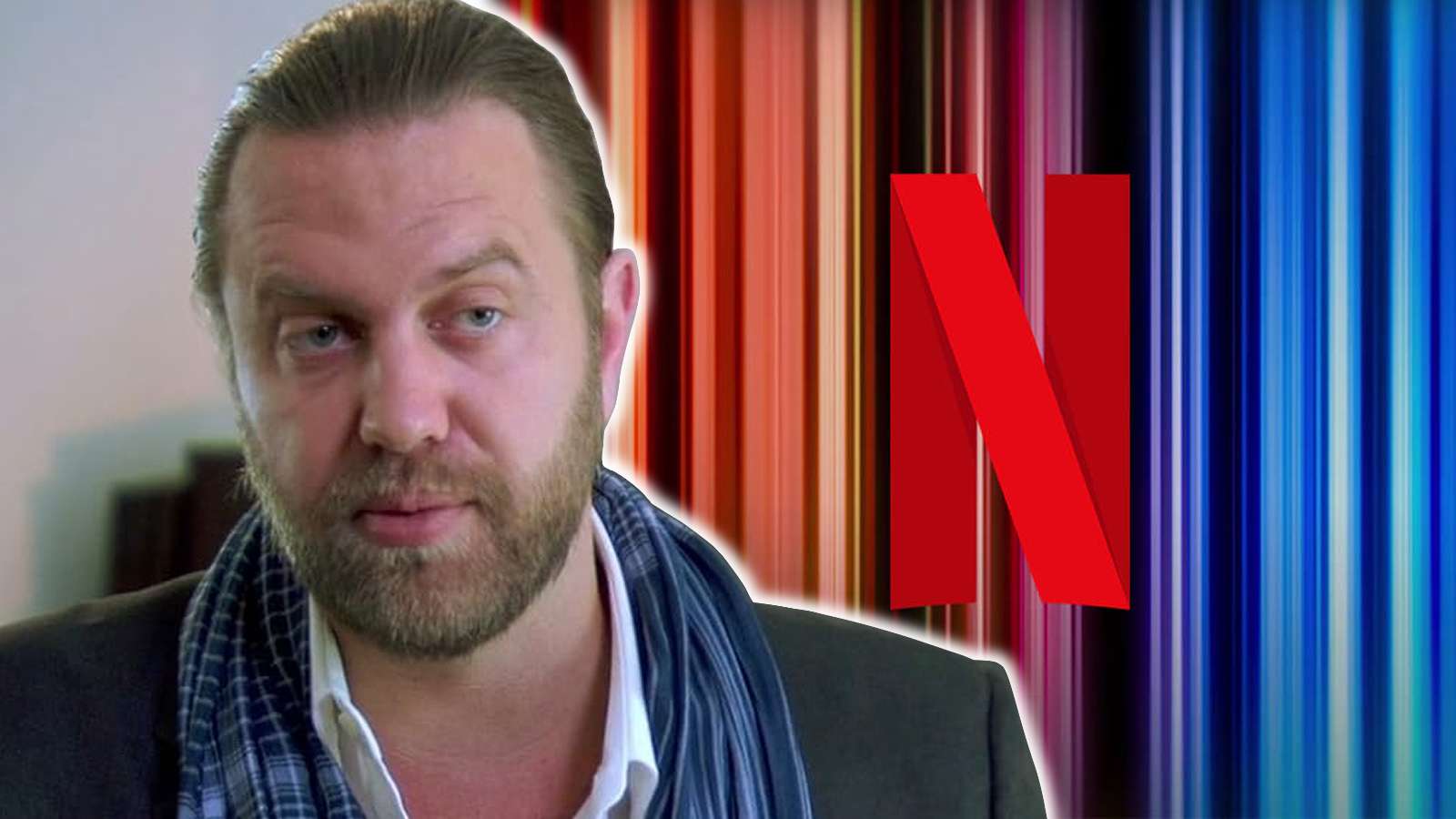Who is Carl Rinsch? Netflix scandal explained
 IMDb/Netflix
IMDb/NetflixNetflix and filmmaker Carl Erik Rinsch are reportedly locked in a legal battle following the collapse of the latter’s sci-fi project, Conquest. Here’s everything we know about the dispute.
News of Netflix’s falling out with Rinsch first broke in November 2023. It arrived hot on the heels of several months’ worth of headlines concerning the streaming giant – and not all of them good.
Notably, Netflix courted controversy in mid-2023 by putting an end to password sharing by its subscriber base. The move proved unpopular with many subscribers, especially given Netflix had publicly endorsed password sharing as recently as 2017.
The streamer has also generated positive and negative attention around its content library in 2024 and beyond. This includes deciding to produce fewer original movies next year, while also being in line to potentially license titles from rival Disney.
Netflix and Carl Rinsch explained
Yet all of this arguably pales in comparison to the Carl Rinsch scandal. The director behind 2013 Keanu Reeves vehicle 47 Ronin, Rinsch inked a deal with Netflix to produce a sci-fi series, Conquest, in 2018. But Rinsch ultimately failed to deliver any episodes of Conquest before the production was shut down in March 2021, despite Netflix stumping up over $55 million.
How did Netflix spend so much and receive so little in return? According to an exhaustive New York Times report on the matter, Rinsch is largely to blame. The report – which cites evidence from “members of the show’s cast and crew, texts and emails… and court filings in a divorce case brought by [Rinsch’s] wife” – paints a damning portrait of the director’s conduct.
Rinsch allegedly exhibited volatile behavior shortly after signing his contract with Netflix. He was reportedly abusive to the Conquest crew while filming in São Paulo, and didn’t sleep for days during the Budapest leg of the shoot. At one point, he even accused his wife and one of Conquest’s producers, Gabriela Rosés Bentancor, of plotting to kill him.
The filmmaker made several other bizarre claims and shared “incomprehensible” drawings with Netflix’s former VP of original programming, Cindy Holland. Both Rinsch’s wife and unnamed members of the crew have attributed at least some of this behavior to possible side effects of his autism and attention deficit hyperactivity disorder medication.
Rinsch also apparently flitted back and forth between two versions of Conquest’s overall script. The first of these aligned with the 13-episode story he originally pitched to Netflix. The second was double this size and entailed Netflix committing to Conquest Season 1 before Season 2 was even out.
What is Carl Rinsch accused of spending Netflix’s money on?
The director eventually convinced Netflix to wire him $11 million; partly to keep the project afloat, and partly to further develop his expanded vision for the project. This was done under the proviso that if the streaming giant ultimately rejected the two-season plan for Conquest, Rinsch would use the leftover cash to complete the show as originally agreed.
But there was no leftover money – not if the New York Times report is accurate. The outlet’s research indicates that whatever Rinsch didn’t spend on Conquest, he invested in either stocks or cryptocurrency. Rinsch’s stock plays were a bust, however, his crypto gamble apparently paid off.
 Netflix/Santiago Cerini
Netflix/Santiago CeriniRinsch allegedly pocketed close to $27 million from his Dogecoin purchases. The report says he used this windfall to buy “five Rolls-Royces, a Ferrari, a $387,630 Vacheron Constantin watch, and millions of dollars’ worth of high-end furniture and designer clothing.”
Yet Rinsch contends that not only were these items purchased as props for Conquest, but that they were paid for with money that was rightfully his. He also claims that Netflix still owes him more than $14 million for breach of contract – all of which the streamer roundly rejects.
As a result, both parties are now engaged in confidential arbitration proceedings.
Has Netflix commented on the Carl Rinsch scandal?
In a statement to the New York Times, Netflix representative Thomas Cherian insisted that the streaming giant had fully supported Rinsch, monetarily and otherwise, during Conquest’s production.
He further stated that “after a lot of time and effort, it became clear that Mr. Rinsch was never going to complete the project he agreed to make, and so we wrote the project off.”
Court documents filed in July 2023 offer further insight into Netflix’s position on Rinsch. In a motion filed that month, Netflix’s lawyers argued that Rinsch isn’t entitled to any further payment, as he allegedly failed to hit multiple production milestones outlined in his contract.
Has Carl Rinsch addressed his dispute with Netflix?
While Carl Rinsch opted not to answer any of the New York Times’ questions, the filmmaker did address the Netflix scandal on social media.
In an Instagram post (seemingly since deleted), Rinsch explained that he knocked back the interview request because he anticipated the finished article would be “inaccurate.” Rinsch went on to elaborate on these concerns, suggesting that the New York Times report would imply “I somehow lost my mind.” He then added: “(Spoiler alert) … I did not.”
Rinsch’s comments tally with an email he reportedly sent to Netflix business affairs executive Rochelle Gerson and a Netflix lawyer after the company axed Conquest. “To state it simply, I am of sound mind and body,” Rinsch said while contesting Netflix’s right to terminate his contract.
The dispute between Netflix and Carl Rinsch is a developing story, so visit this page again soon for further info. For other TV and movie news and updates, check out Dexerto’s full coverage here.



